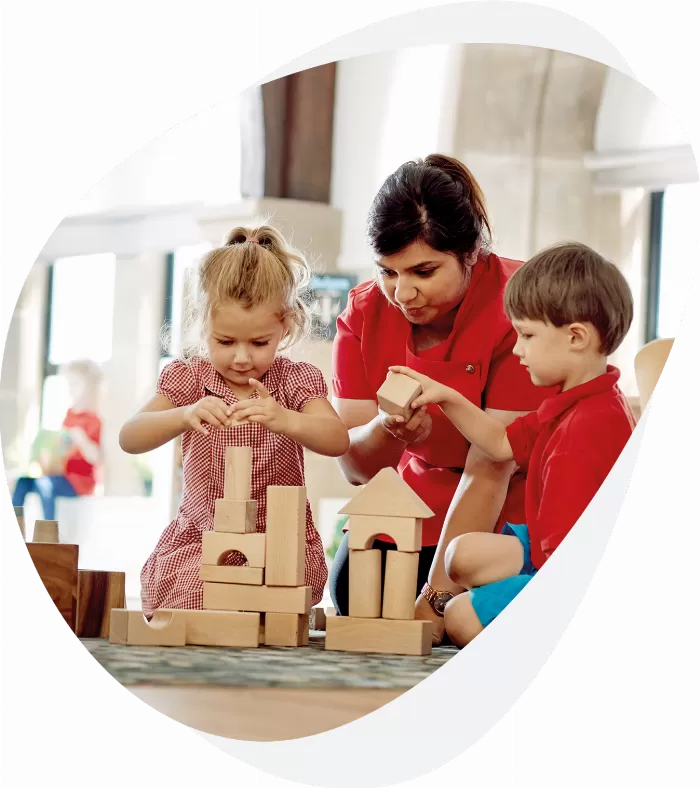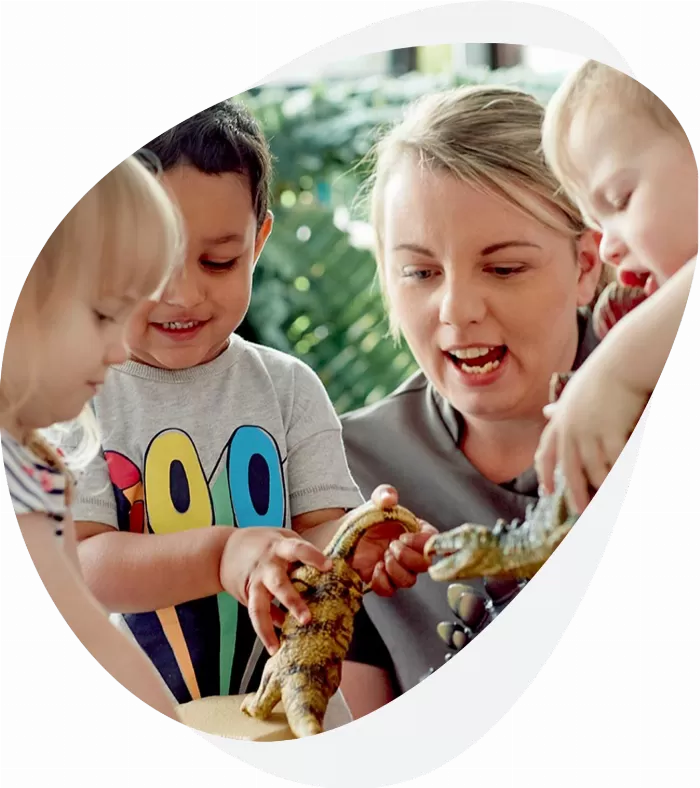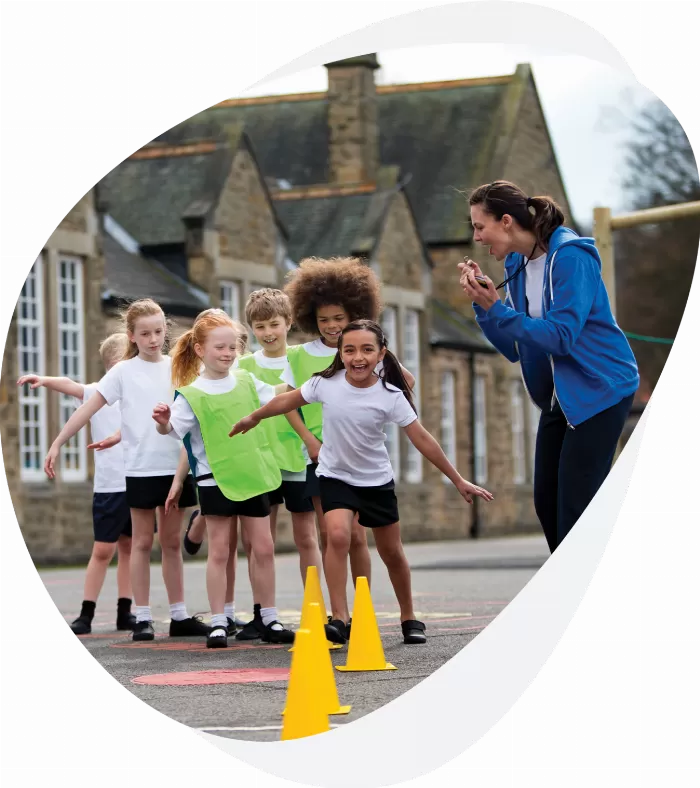Childcare & Education
Working in childcare and education provides the opportunity to make a positive difference in the lives of children, helping to shape their development and contributing towards their long-term success and wellbeing. As such, a career within this industry can be extremely rewarding and provides a great sense of satisfaction and fulfilment.
By completing a course in childcare, you open the door to a wide range of career paths such as early years practitioners, teaching assistants, and school leaders. Given the government's commitment to increasing access to early years education and improving educational outcomes for children, the sector is continuously growing and developing, and so these roles offer many opportunities for advancement.
By completing an apprenticeship in childcare and education, you can gain hands-on experience in a real-world childcare setting. With the support of our experienced tutors and assessors, you'll be able to achieve your goals and make a real difference in the lives of children and their families.

Early Years Practitioner Level 2 Apprenticeship

Early Years Educator Level 3

Early Years Lead Practitioner Level 5

Teaching Assistant Level 3
Our courses in childcare provide both an exciting and educational route into childcare whilst developing the knowledge, skills and behaviours employers are looking for. View our current vacancies for apprenticeships in childcare today.
We also offer many other courses, including apprenticeships in care, leadership management, and professional services. Our Scottish apprenticeships are also focused on social services, children and young people too.
About Busy Bees Education and Training
As an award-winning apprenticeship provider, we deliver over 70 apprenticeships, accredited courses and CPD programmes and first aid training.
Career Pathways
Imagine the endless possibilities that await you with a career in Early Years! We're a thriving company that believes in nurturing our own talent and promoting from within. From a host of unique roles to abundant chances for career advancement, there's so much in store for you.
With Busy Bees, your career path is like a sky full of opportunities just waiting for you to explore. Feel free to dive in and see where your journey can take you!





